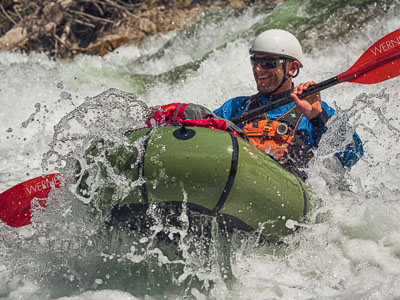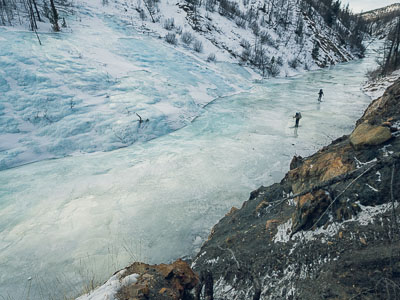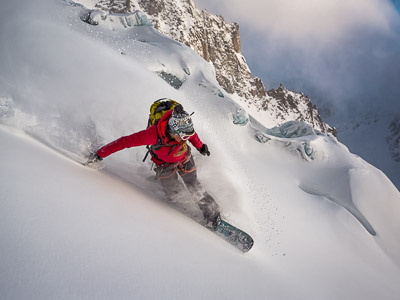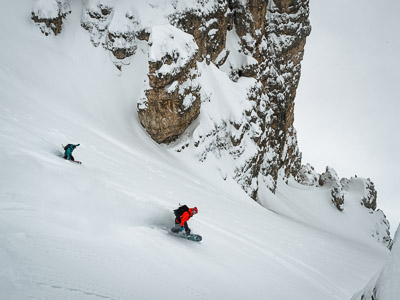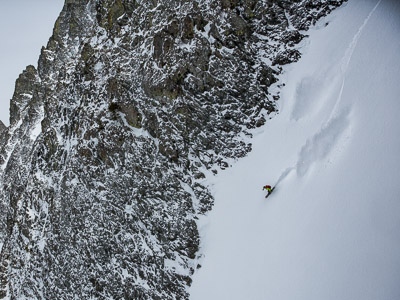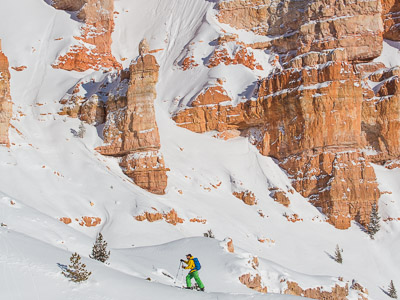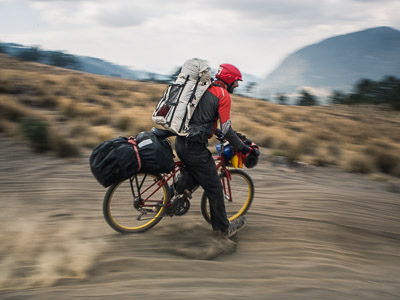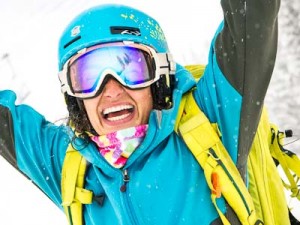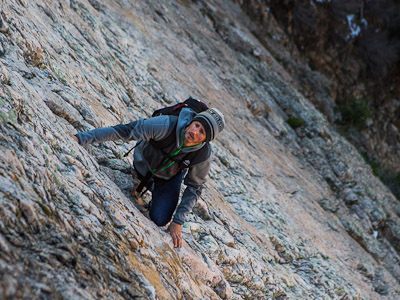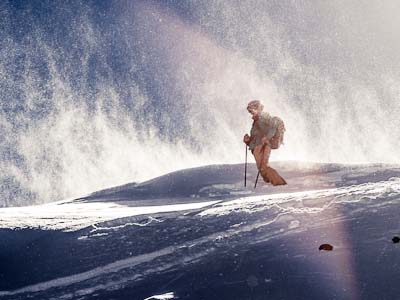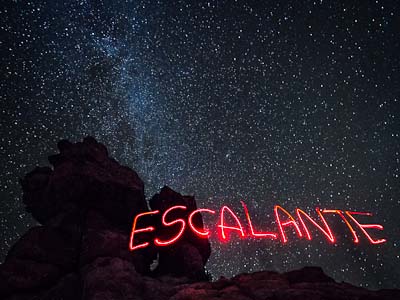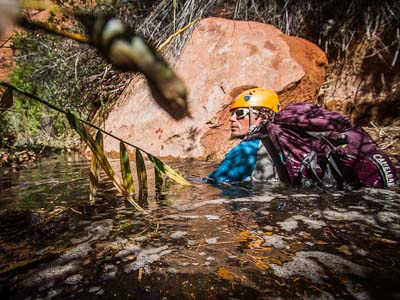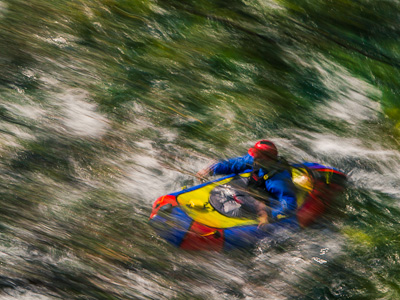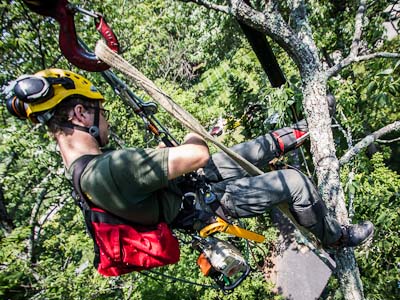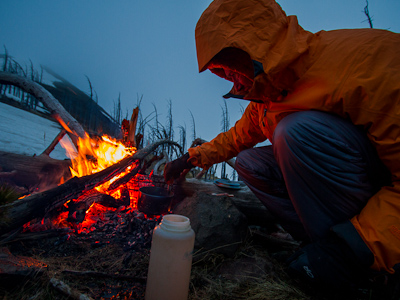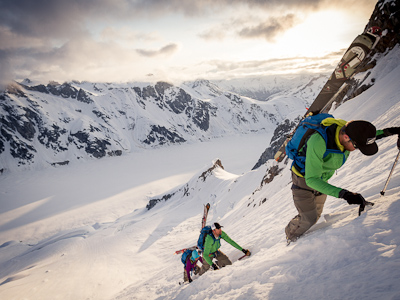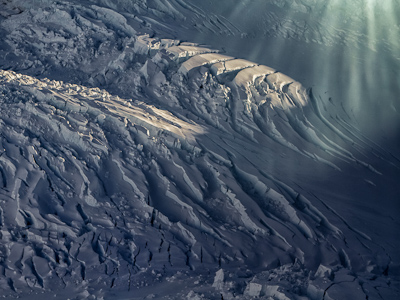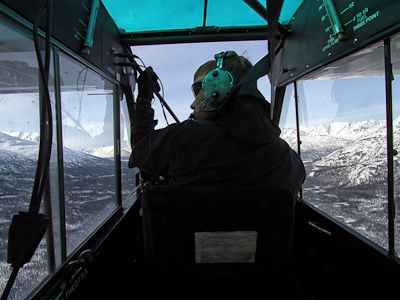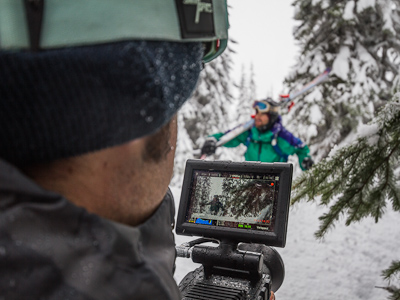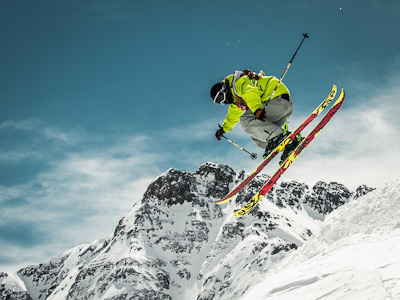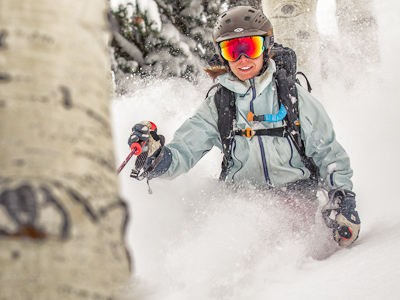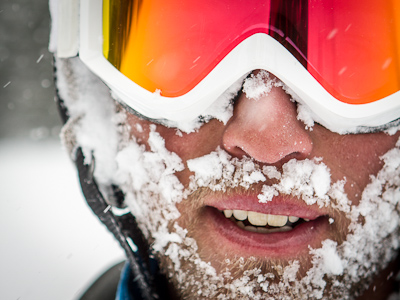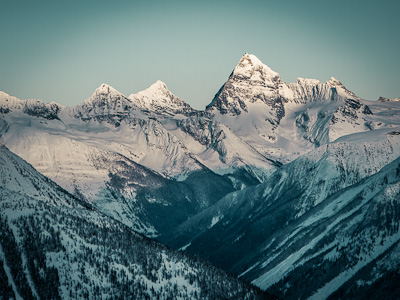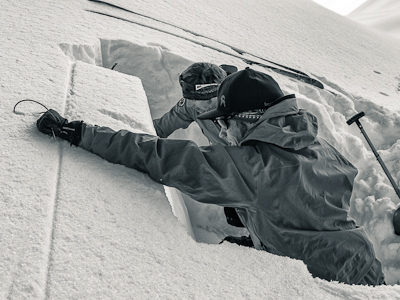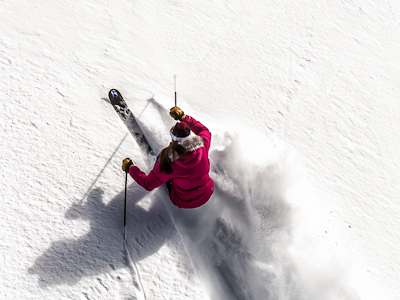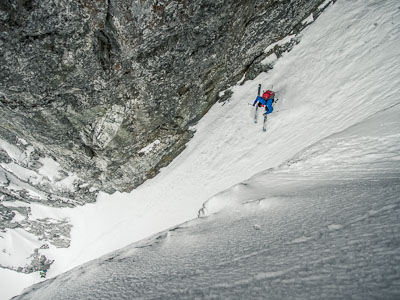“It’s easier to ask forgiveness than it is to get permission” -Grace Hopper
Back in 2003 we got permission from the Forest Service to construct mountain bike stunts along an existing trail near Missoula. Following a few years of cat and mouse games as illegal trails were built, discovered and destroyed, the bike community began working to earn the trust of the Forest Service. Once permission was granted we focused on accommodating their rules dictating how stunts could be built. The stunts weren’t exactly what we would have crafted given free reign but, hey, at least the trail was legit.

Hundreds of hours went into building log rides, jumps, drops and berms along the trail. The District Ranger personally inspected our work and approved. It was one of the first legal freeride trails in the US. Deadman’s Ridge Trail made it into Bike Magazine and the stunts are shown in this IMBA/USFS trail-building DVD.
A year later, the Forest Service District Ranger position changed hands and the replacement chainsawed the stunts to bits without warning. The bike community was furious.

Work on Deadman’s had concentrated the energy of the community and now that the trail had been dismantled groups of builders splintered and half a dozen new pirate trails were soon under construction. Better to ask forgiveness… But, with a return to building in secret, the cohesiveness of the community evaporated.
Once a couple hundred riders strong, the freeride scene in Missoula has fizzled. Missoula never became the freeride destination it was briefly poised to become.
That anti-climatic story runs in contrast to the story of Teton Freedom Riders. Their story begins the same: a small group dug illegal skid trails until dog-walkers discovered them and alerted FS Rangers. Like in Missoula, there was initial controversy then eventually riders organized and gained legitimacy. The asking forgiveness strategy worked.
Again like in Missoula, they bargained with the land managers. Some trails were closed in exchange for allowing others to remain open. Unlike in Missoula, the regional Forest Service leaders never reversed their decision; the community was never pushed back into secrecy.
In Jackson Hole, the community’s relationship with the Forest Service has flourished and along with it the trail network has grown.
We spent four days lapping the well-crafted trails. I crashed more in those few days than I have in the last couple years combined. Slowly I wrapped my head around the sequences, re-awakening dormant muscle memory. It was great.




